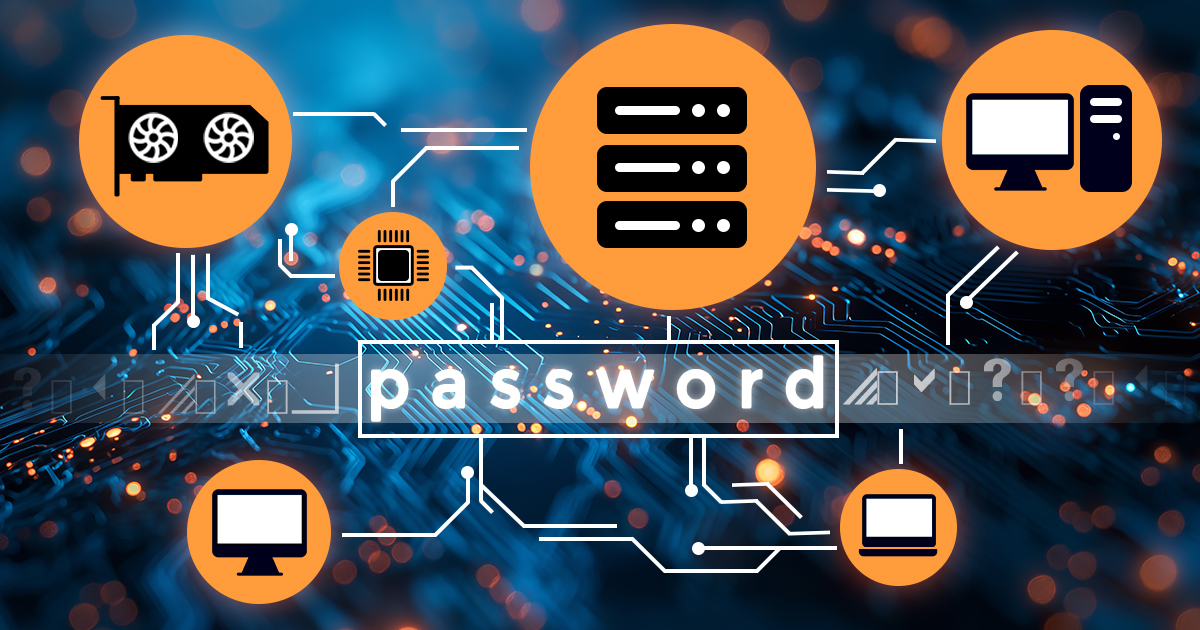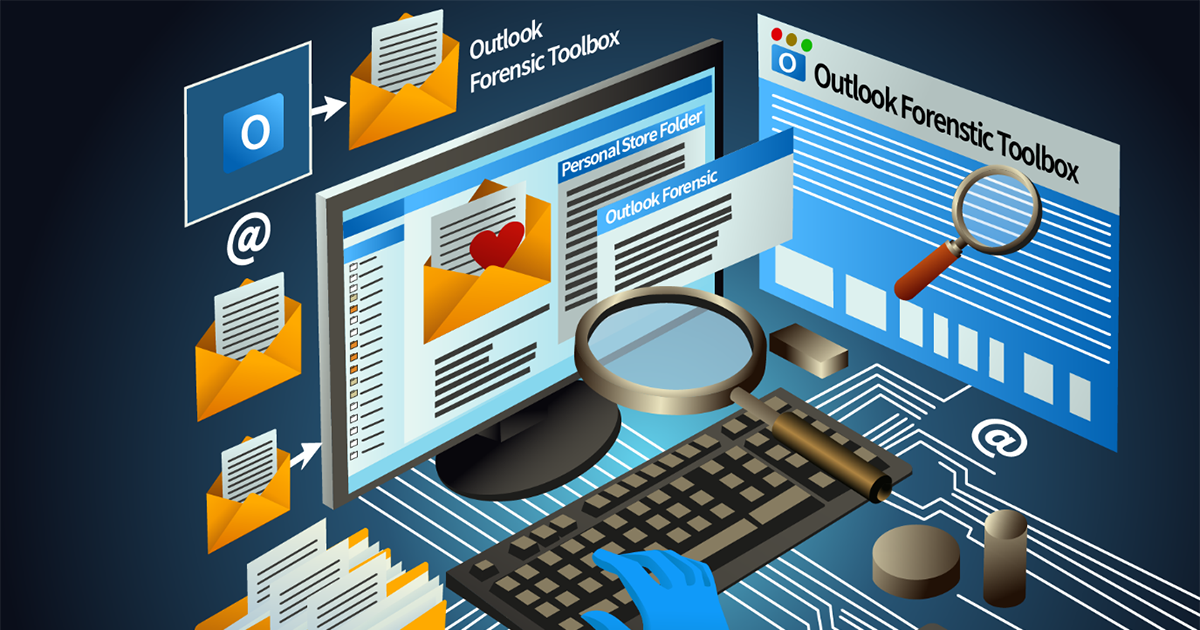Windows 11 introduces increased account protection, passwordless sign-in and hardware-based security. What has been changed compared to Windows 10, how these changes affect forensic extraction and analysis, and to what extent can one overcome the TPM-based protection? Read along to find out!
BestCrypt, developed by the Finnish company Jetico, is a cross-platform commercial disk encryption tool directly competing with BitLocker, FileVault 2 and VeraCrypt. Volume encryption is available for Windows and macOS. Learn how to break BestCrypt full-disk encryption by recovering the original password!
Backups are the primary way to preserve data. On smartphones, backups are handled automatically by the OS. Windows lacks a convincing backup app; numerous third-party tools are available, some of which feature strong encryption. Computer backups may contain valuable evidence that can be useful during an investigation – if you can do something about the password.
WhatsApp is the fastest growing instant messenger app. With over 2 billion monthly users, WhatsApp keeps the crown of the most popular instant messaging tool in the Western hemisphere. The recent introduction of end-to-end encrypted backups and the change of Google’s authentication protocol broke things temporarily for EXWA users, but now everything is back to normal. Learn how Elcomsoft Explorer for WhatsApp can download and decrypt encrypted WhatsApp communication histories from Google Drive and Apple iCloud!
Many security practices still widely accepted today are things of the past. Many of them made sense at the time of short passwords and unrestricted access to workplaces, while some were learned from TV shows with “Russian hackers” breaking Pentagon. In this article we’ll sort it out.
The majority of mobile devices today are encrypted throughout, making extractions difficult or even impossible for major platforms. Traditional attack vectors are becoming a thing of the past with encryption being moved into dedicated security chips, and encryption keys generated on first unlock based on the user’s screen lock passwords. Cloud forensics is a great alternative, often returning as much or even more data compared to what is stored on the device itself.
2FA, challenges, cloud forensics, ECX, EINPB, Elcomsoft Cloud Explorer, Elcomsoft Internet Password Breaker, Elcomsoft Phone Breaker, EPB, iCloud, iOS
iMessage, Hangouts, Skype, Telegram, Signal, WhatsApp are familiar, while PalTalk, Pigin, Psi Jabber client, Gadu-Gadu, Gajim, Trillian, BigAnt or Brosix are relatively little known. The tools from the first group are not only more popular but infinitely more secure compared to the tools from the second group. In this publication we’ll review the authentication methods used by the various instant messengers, and attempt to extract a password to the user’s account.
AIMPR, ECX, EDPR, EIFT, EINPB, EPB, ESR, EXWA, instant messenger, Signal, Skype, Telegram, WhatsApp
Protecting one’s online privacy is becoming increasingly more important. With ISPs selling their customers’ usage data left and right, and various apps, mail and Web trackers contributing to the pool of “anonymized” data, de-anonimyzation becomes possible with big data analysis. This was clearly demonstrated with the recent event highlighted in Catholic priest quits after “anonymized” data revealed alleged use of Grindr.
How to break ‘strong’ passwords? Is there a methodology, a step by step approach? What shall you start from if your time is limited but you desperately need to decrypt critical evidence? We want to share some tips with you, this time about the passwords saved in the Web browsers on most popular platforms.
ECX, EDPR, EIFT, Elcomsoft Cloud Explorer, Elcomsoft Distributed Password Recovery, Elcomsoft Password Digger, Elcomsoft Phone Breaker, Elcomsoft Phone Viewer, EPB, EPD, EPV, iOS, keychain, macOS, passwords, Windows
There was a 3-fold increase in identity theft and more than 2-fold increase in phishing attacks registered in 2020 compared to 2019 according to IC3 report. A whopping 50 – 81% of attacks (depending on who you read) are targeting both corporate and private sectors to steal users’ login credentials; that is, passwords. No matter what changes happen in data security, passwords remain the most wide-spread means of protection.


